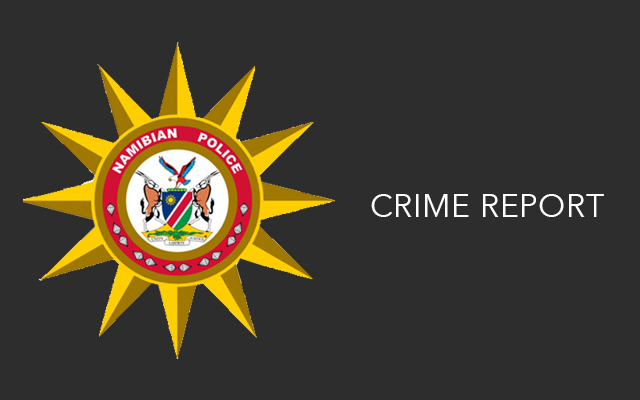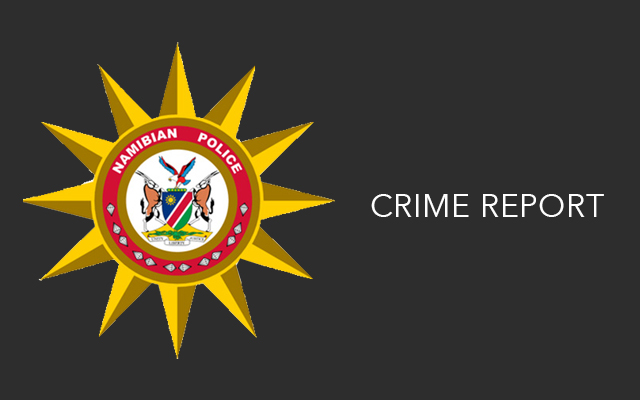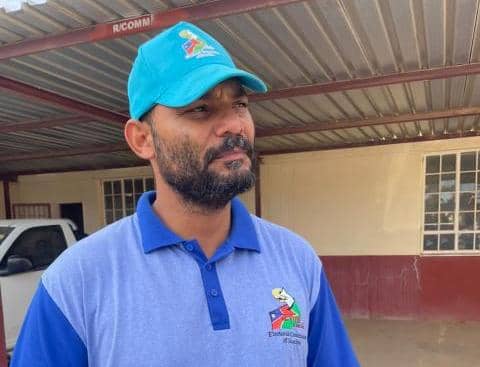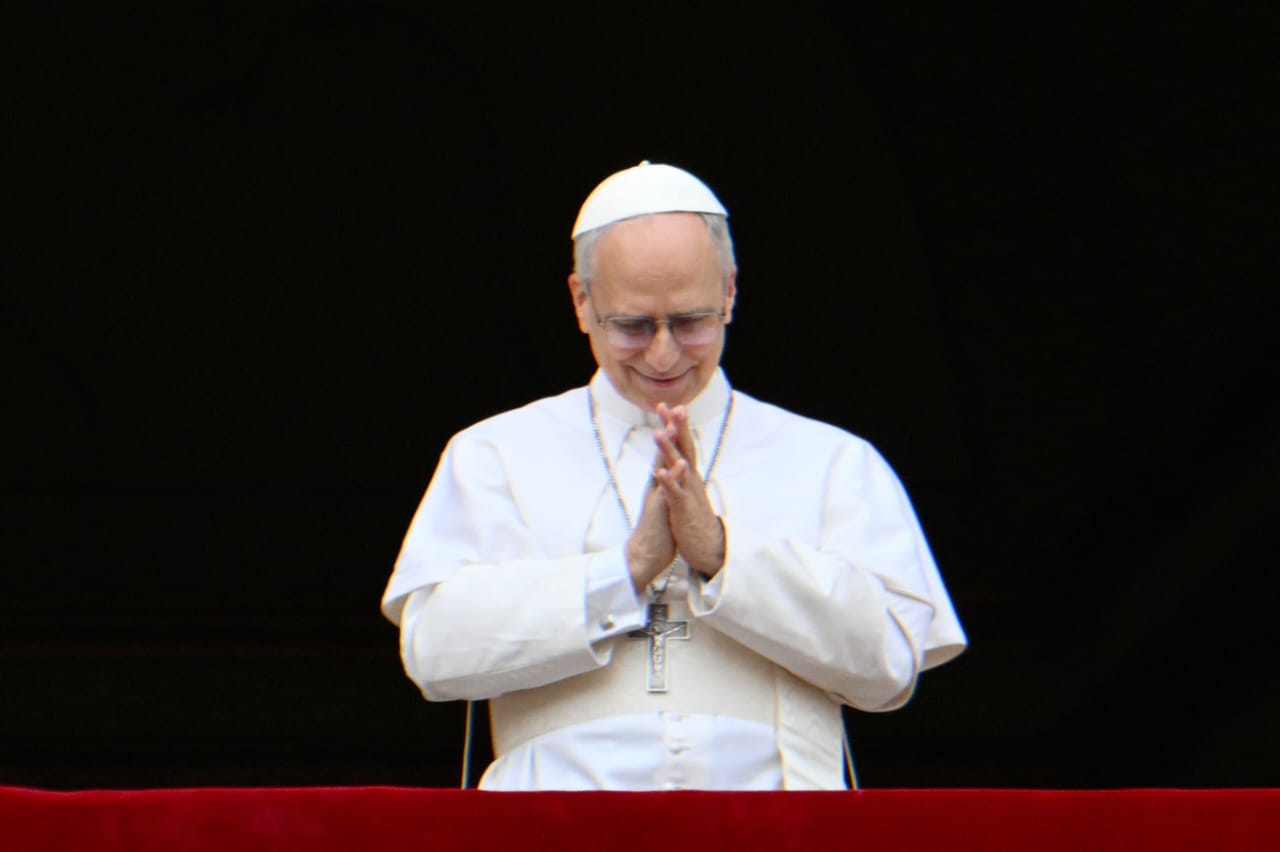PORT LOUIS – The International Monetary Fund (IMF) said on Friday it had frozen aid to Madagascar over the country’s political crisis and warned the island’s economy would slow this year below the 5-7 percent projection.
• RICHARD LOUGH
Months of political instability that culminated with Andry Rajoelina’s seizure of power dealt a severe blow to Madagascar’s US$390 million-a-year tourism sector, spooked foreign investors and hurt demand for its textiles.
‘We had expected growth of between 5-7 per cent for Madagascar this year. It will definitely be lower than that,’ Pierre Van Den Boogaerde, the IMF’s resident representative, told Reuters by telephone.
‘This will be a bad year, but not a catastrophe.’
Van den Boogaerde, who said the body was working on a revised growth forecast, predicted the impact of the instability would be less severe than a 2002 crisis that saw the gross domestic product contract by 12,7 per cent.
The international community widely condemned Rajoelina’s ousting of former leader Marc Ravalomanana, who quit in March under pressure from the military, branding his overthrow a coup.
The African Union and Southern Africa Development Community have suspended Madagascar. Several donors including the United States and Norway have also halted non-emergency aid.
FUNDING FREEZE
Van den Boogaerde said its funding programmes had been temporarily suspended since the majority of its 186 members refused to recognise Rajoelina’s army-backed interim government.
Last July, the IMF unveiled an additional US$30 million package, on top of an existing 3-year US$90 million programme, to help the import-dependent nation of 20 million people deal with soaring food and oil bills.
‘Two disbursements each worth US$12 million under the existing agreement are now frozen (and) at this point we cannot go to the executive board for further funding,’ he said.
Van den Boogaerde also said the balance of payments would deteriorate in 2009 after a surplus last year with substantial inflows of foreign direct investment into the mining sector.
Major foreign companies including Sherritt International and Rio Tinto are pouring into the world’s fourth largest island to capitalise on the country’s vast mineral resources and potential oil reserves.
‘Overall there will be a worsening of the balance of payments this year. This year will probably run into a deficit,’ Van den Boogaerde said, without elaborating.
The island is one of the poorest countries in the world – ranked 143 out of 179 on the UN Human Development Index – and the majority of people live on less than a dollar a day.
– Nampa-ReutersIMF freezes aid to Madagascar
• RICHARD LOUGH
PORT LOUIS – The International Monetary Fund (IMF) said on Friday it had frozen aid to Madagascar over the country’s political crisis and warned the island’s economy would slow this year below the 5-7 percent projection.
Months of political instability that culminated with Andry Rajoelina’s seizure of power dealt a severe blow to Madagascar’s US$390 million-a-year tourism sector, spooked foreign investors and hurt demand for its textiles.
‘We had expected growth of between 5-7 per cent for Madagascar this year. It will definitely be lower than that,’ Pierre Van Den Boogaerde, the IMF’s resident representative, told Reuters by telephone.
‘This will be a bad year, but not a catastrophe.’
Van den Boogaerde, who said the body was working on a revised growth forecast, predicted the impact of the instability would be less severe than a 2002 crisis that saw the gross domestic product contract by 12,7 per cent.
The international community widely condemned Rajoelina’s ousting of former leader Marc Ravalomanana, who quit in March under pressure from the military, branding his overthrow a coup.
The African Union and Southern Africa Development Community have suspended Madagascar. Several donors including the United States and Norway have also halted non-emergency aid.
FUNDING FREEZE
Van den Boogaerde said its funding programmes had been temporarily suspended since the majority of its 186 members refused to recognise Rajoelina’s army-backed interim government.
Last July, the IMF unveiled an additional US$30 million package, on top of an existing 3-year US$90 million programme, to help the import-dependent nation of 20 million people deal with soaring food and oil bills.
‘Two disbursements each worth US$12 million under the existing agreement are now frozen (and) at this point we cannot go to the executive board for further funding,’ he said.
Van den Boogaerde also said the balance of payments would deteriorate in 2009 after a surplus last year with substantial inflows of foreign direct investment into the mining sector.
Major foreign companies including Sherritt International and Rio Tinto are pouring into the world’s fourth largest island to capitalise on the country’s vast mineral resources and potential oil reserves.
‘Overall there will be a worsening of the balance of payments this year. This year will probably run into a deficit,’ Van den Boogaerde said, without elaborating.
The island is one of the poorest countries in the world – ranked 143 out of 179 on the UN Human Development Index – and the majority of people live on less than a dollar a day.
– Nampa-Reuters
Stay informed with The Namibian – your source for credible journalism. Get in-depth reporting and opinions for
only N$85 a month. Invest in journalism, invest in democracy –
Subscribe Now!










